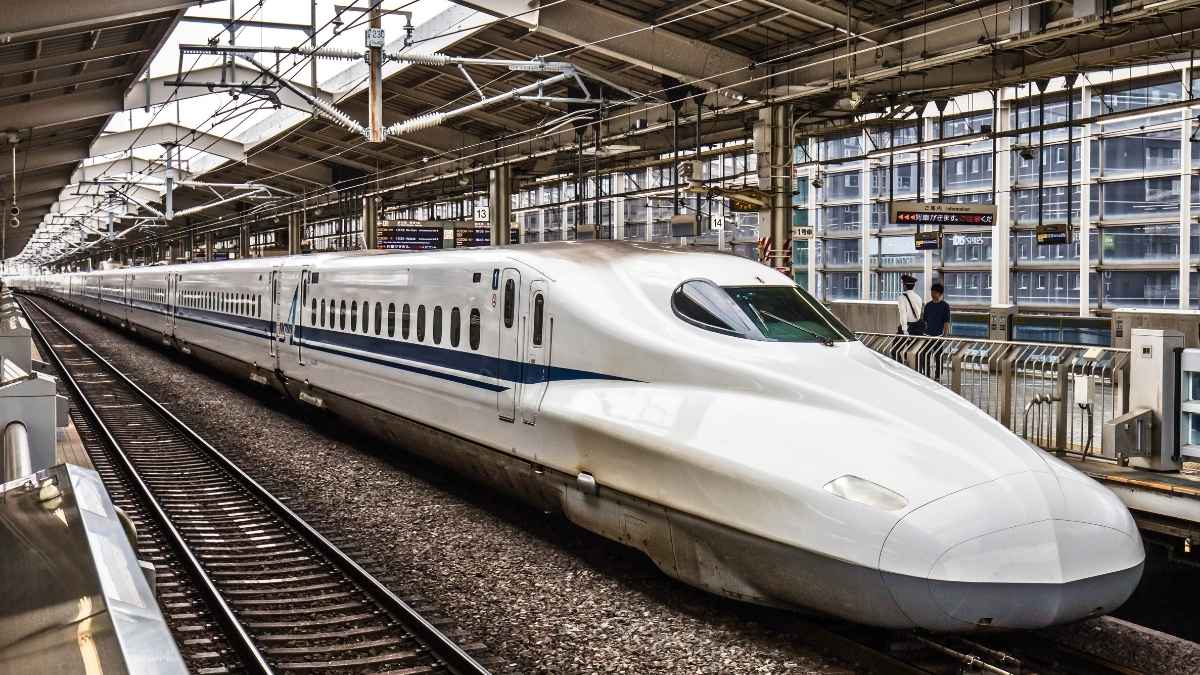The Development Agenda for Western Nigeria (DAWN) Commission has reiterated the need for farmers in the Southwest region to actively participate in the N800b livestock business in the region.
The Director-General of the commission, Dr. Seye Oyeleye, disclosed that plans were in top gears to ensure that farmers in the region are actively involved in the livestock business.
Oyeleye stated this during the signing of a Memorandum of Understanding (MoU) between DAWN Commission and Ara, a community in Egbedore Local Council, Osun State. The MoU is meant to engender development in various critical sectors in the town.
The community signed the MoU under the platform of the Ara Growth and Development Foundation (AGDF). The MoU is to implement the Community-Led Development Toolkit (COLDET) project, marking a significant milestone in grassroots development initiatives in the region.
The COLDET project aims to revolutionise community development and Ara town will serve as the pilot field for this innovative toolkit, designed to empower township associations to take ownership of their development trajectory.
The ceremony, which held at DAWN Commission’s office, Ibadan, was attended by the Alara of Ara Kingdom, Oba Dr. Olubayo Adesola Oyelade Windapo, Abidogun 1, who led the AGDF delegation.
The monarch said the community would be taking its destiny in its hands to bring development in partnership with DAWN Commission. The commission DG emphasised that the region must not live on past glory, adding it must look at the livestock business which is huge. He lamented that, at present, the Southwest is not actively participating in the multi-billion naira livestock business taking place in the region.
The DG said: ‘’It has been part of our plans over the past few years to ensure that the Southwest region, which is the largest consumer of livestock, becomes active players in the livestock business. It is reputed that the livestock business is close to $10b in a year and the Southwestern Nigeria consumes the most.
“Data shows that Lagos alone consumes about 70,000 cows daily and across the region is about 11,000 per day. Now, at a conservative value of N500, 000 per cow, if you multiply that by 10,000, it gives us over N40b on a daily basis. In five days, that is N200b, which means that in 20 days or four weeks, that is N800b.”
There is no way such a huge industry will be moving across the Southwest without the region being active participants. “At the moment, we are not participants, as 90 per cent of the livestock we consume come from outside. So, rather than just be consumers alone, why can the Southwest be a producer? Of course, we have the arable land and the technology, what we need is how to incentivise those who want to go into livestock farming.
“Now, some of our governments in the region are already putting plans in place and it excites me that a Brazilian man last month visited Ogun State with a view to investing about $2m in livestock business.
‘’Lagos is getting ready for livestock in the Epe axis. Lagos is doing that because of food security. God forbid, if something happens tomorrow and livestock does not flow in from where it comes from, does it mean that we will be eating our fishes alone? We are thinking ahead as a region that our livestock farmers can become multi-millionaires by participating in this business.”
“This partnership represents a fundamental shift in how we approach community development by transitioning from traditional top-down approaches to a more sustainable bottom-up model,” said Segun Balogun, COLDET Project Lead. “COLDET will empower local stakeholders to systematically identify assets, prioritise needs, and implement sustainable projects.”
Speaking, Oba Windapo, who is also the convener of the AGDF initiative, said a bottom-up approach to development was the way to go. The Chairman of the AGDF Steering Committee, Dr Tunji Olugbodi expressed enthusiasm for the partnership, noting, “The AGDF has established an ARA2035 Agenda to transform our ancient community. This coincides perfectly with DAWN’s COLDET project, making it an ideal collaboration. Together, we will demonstrate how communities can lead their own development with the right tools and support.”









